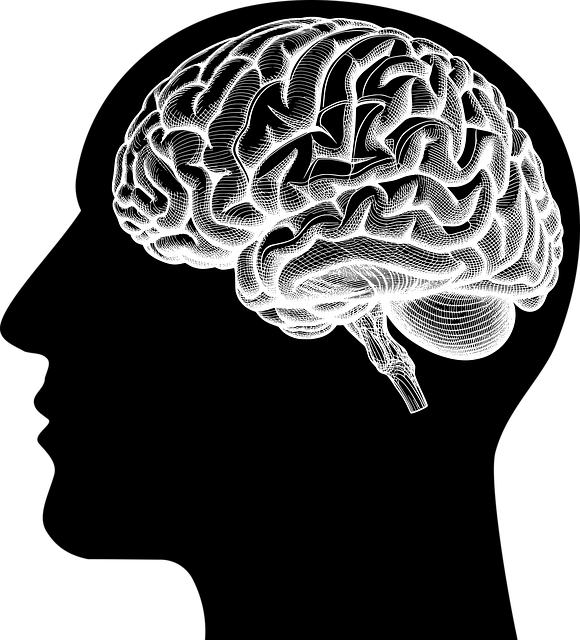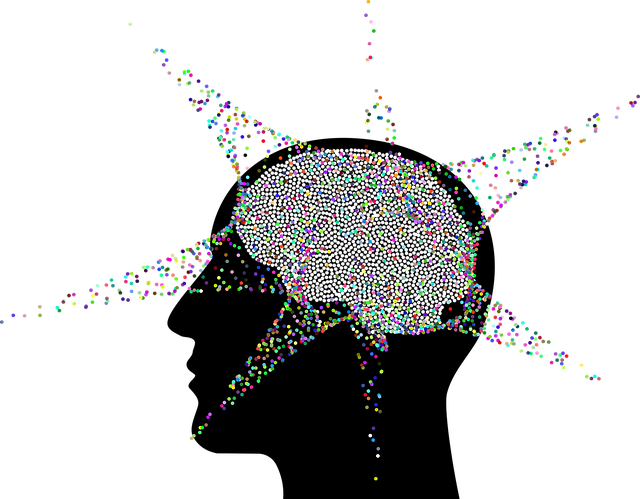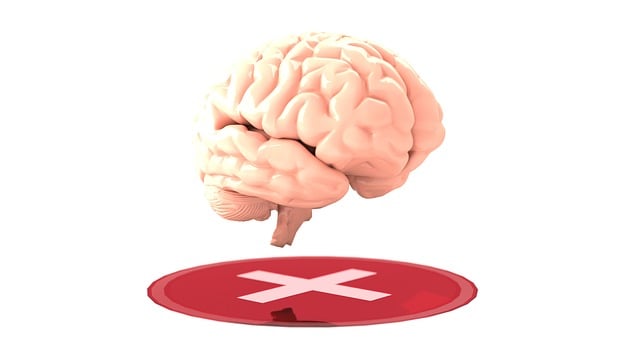Lone Tree Postpartum Depression Therapy (LTPDT) tackles a frequently ignored mental health issue among new mothers by offering specialized support and education. This program addresses local challenges stemming from stigma and limited access to tailored services, empowering mothers through Mental Wellness Journaling Exercises in a supportive environment. Effective mental health education requires interactive sessions tailored to diverse populations, combining educational content with practical tools for stress reduction, emotional awareness, and coping mechanisms. By normalizing mental wellness conversations and dismantling stigma, LTPDT, integrated into healthcare structures and community campaigns, plays a vital role in improving mood management and overall well-being.
In the realm of mental health, addressing specific challenges like Lone Tree postpartum depression (PTD) is paramount. This article delves into the critical component of education programs designed to combat PTD, exploring why specialized instruction is a game-changer. We’ll guide you through understanding this pervasive issue, designing effective educational interventions, and implementing support strategies for long-term success. By focusing on Lone Tree PTD therapy, we aim to enhance awareness and foster sustainable well-being.
- Understanding Lone Tree Postpartum Depression Therapy: A Need for Specialized Education
- Designing an Effective Mental Health Education Program
- Implementation and Support Strategies for Long-Term Success
Understanding Lone Tree Postpartum Depression Therapy: A Need for Specialized Education

Lone Tree Postpartum Depression Therapy (LTPDT) represents a specialized approach to addressing a significant and often overlooked mental health concern—postpartum depression. This therapy is crucial in regions like Lone Tree, where the unique challenges of new mothers may go undiagnosed or untreated due to stigma and limited access to tailored services. A comprehensive understanding of LTPDT is essential for advocates and policymakers involved in Mental Health Policy Analysis and Advocacy, as it can help bridge these gaps.
The program design should incorporate strategies that not only reduce the stigma surrounding mental illness but also educate and empower expectant mothers and new parents. One effective method could be providing Mental Wellness Journaling Exercise Guidance to help individuals process their emotions and connect with support systems. By integrating such practices, LTPDT can foster a supportive environment, ensuring that those in Lone Tree receive the necessary tools for managing and overcoming postpartum depression.
Designing an Effective Mental Health Education Program

Designing an effective mental health education program requires a holistic approach that caters to diverse needs. It’s crucial to understand the target audience, whether new parents experiencing postpartum depression or individuals seeking general well-being improvement. Incorporate interactive sessions and relatable content tailored to their specific challenges. For instance, programs offering Lone Tree postpartum depression therapy can include workshops on mood management techniques, encouraging positive thinking and confidence-boosting activities.
The curriculum should balance educational insights with practical strategies. Teachable moments around stress reduction, emotional awareness, and coping mechanisms can empower participants to take charge of their mental health. By fostering a safe space for open dialogue and sharing experiences, these programs can normalize conversations about mental wellness, breaking down stigma. Incorporating both theoretical knowledge and actionable tools ensures that learners not only understand but also apply concepts related to mood management and cultivating a positive mindset.
Implementation and Support Strategies for Long-Term Success

Implementing a mental health education program requires strategic planning and support mechanisms for long-term sustainability and success. One key strategy is to integrate these programs into existing healthcare structures, ensuring seamless access for individuals seeking support, especially those dealing with specific issues like postpartum depression. For instance, Lone Tree Postpartum Depression Therapy can be effectively incorporated into community health centers, where nurses or counselors can offer specialized sessions alongside routine healthcare services. This approach normalizes mental health discussions and encourages early intervention.
Additionally, public awareness campaigns play a pivotal role in fostering open conversations about mental well-being. By educating communities about the signs of common disorders like depression or anxiety, these campaigns empower people to seek help without stigma. Trauma Support Services can be promoted through such initiatives, ensuring individuals know where to turn for specialized care. Moreover, engaging community leaders and influencers in advocating for mental health can drive significant cultural shifts, leading to better mood management and overall well-being.
Lone Tree postpartum depression therapy highlights the urgent need for specialized mental health education programs. By designing comprehensive curriculum, implementing evidence-based strategies, and fostering supportive environments, we can ensure long-term success in addressing this growing concern. An integrated approach, encompassing community involvement and continuous evaluation, is essential to create sustainable positive outcomes for those affected by postpartum depression.












